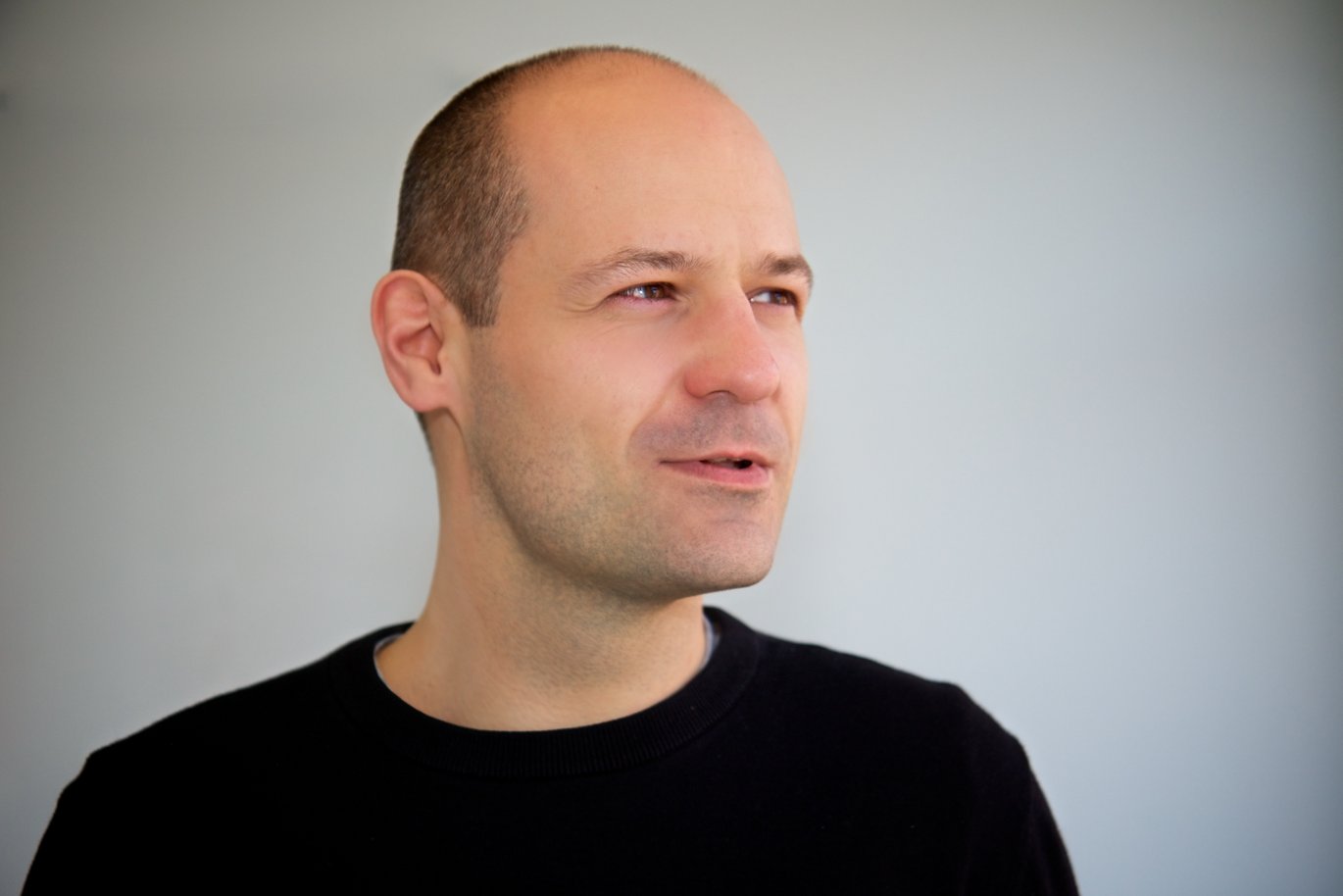Davor Löffler: Atmospheres. A type of cognition for second order futures of body-environment-relations
Invisible atmospheres have a strong influence on the mind: they can evoke moods, emotions and motivations as well as catalyse decisions and even predetermine actions. But what are atmospheres? What kind of cognition do they represent? In this IMC seminar, Davor Löffler will shed some light on the matter.

Info about event
Time
Location
Aarhus, Nobelparken building 1483-3, Interacting Minds Centre, room 312
Organizer
Atmospheres play an important role in everyday life. The production and experience of atmospheres can even be the main purpose of action and social interaction (think for example of the famous concept of “hyggelig”). Arts, rituals and festivities, architecturally designed, virtual or natural spaces, general interactional settings contain this aesthetical component that goes beyond their semantic content. Although invisible atmospheres have a strong influence on the mind: they can evoke moods, emotions and motivations as well as catalyse decisions and even predetermine actions. But what are atmospheres? What kind of cognition do they represent?
The perception of atmospheres is characterized by some speci?c cognitive attributes that are not taken into account by the current theoretical concepts. They adhere to perceptional and memorial content, but also affect states of mind. Furthermore they span over the senses: i.e. atmospheres of serenity, grief or mysteriousness can equally be induced by music, art, literature or an actual situation. The present basically dualistic explanations cover these qualities insufficiently. In particular, temporality, which proves to be central to the constitution of atmospheric experience, is not sufficiently credited. In order to address this conceptual challenge, the concept of atmospheres developed in this work is based on three theoretical modules that are derived from process-philosophy and the paradigms of embodiment and enactivism. The synthesis of the modules allows for a conceptualization of the affection of bodily and mental states by the perception of environmental objects and situations, as is typical for atmospheres. In this way, atmospheres can be considered certain states of mind, alongside moods and emotions. It is shown that the atmospherical colouring of perception can be understood as the type of cognition for the arousal of implicit readiness to act and for potential future operations or body-environment relations. This concept can be discussed further in relation to the “free energy principle”, cognitive, motivational and emotional psychology as well as theories of agency, aesthetics, religious and media studies and social sciences.
Davor Löffler works at the Institute of Sociology at Free University Berlin on his doctoral thesis “The ‘Technological Age’ from the perspective of the historical expansion of cultural capacities”. He is lecturer for epistemology and history of ideas at BTK University of Applied Sciences, Berlin. He has worked as a collaborator in artificial intelligence studies at the Massachusetts Institute of Technology in Cambridge/Massachusetts and is co-editor of the Journal “Plateau. Magazine for Experimental Cultural Anthropology”.
